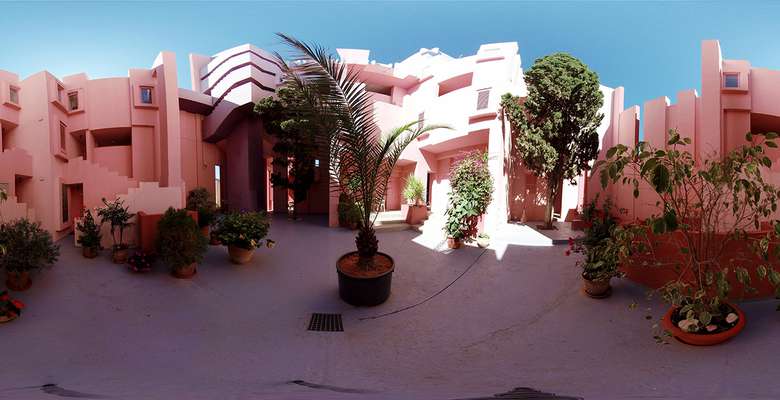Idea by
Lindsey Wikstrom
Call for ideas 2019
Immersive Catalog of Housing Systems
Immersive Catalog of Housing Systems

- New alliances
With our cultural redefinitions of gender, family, and work, the binary of oikos and polis, framed by Hannah Arendt in The Human Condition, has deteriorated. To occupy is both “to temporarily own” and “to advance upon,” in space and time. In cities, occupancy suggests a state in which the spatial experience of the household is a determining factor in politics, relationships, and mobility. Interrogating the value of social space in the domestic sphere, the project catalogs urban housing projects where the notion of the unit is rejected in favor of a collective that acts less as an aggregation of isolated rooms and more as an evolving product of engagement, where everyday life is somewhere between the individual, the collective, and the city. To create a publication that can be viewed by all, immersive representation has the potential to transport people to explore domestic space that reintroduces agency, friction, and choice, and steps away from a standardization of experience.
Immersive Catalog of Housing Systems
Immersive Catalog of Housing Systems

- New alliances
With our cultural redefinitions of gender, family, and work, the binary of oikos and polis, framed by Hannah Arendt in The Human Condition, has deteriorated. To occupy is both “to temporarily own” and “to advance upon,” in space and time. In cities, occupancy suggests a state in which the spatial experience of the household is a determining factor in politics, relationships, and mobility. Interrogating the value of social space in the domestic sphere, the project catalogs urban housing projects where the notion of the unit is rejected in favor of a collective that acts less as an aggregation of isolated rooms and more as an evolving product of engagement, where everyday life is somewhere between the individual, the collective, and the city. To create a publication that can be viewed by all, immersive representation has the potential to transport people to explore domestic space that reintroduces agency, friction, and choice, and steps away from a standardization of experience.